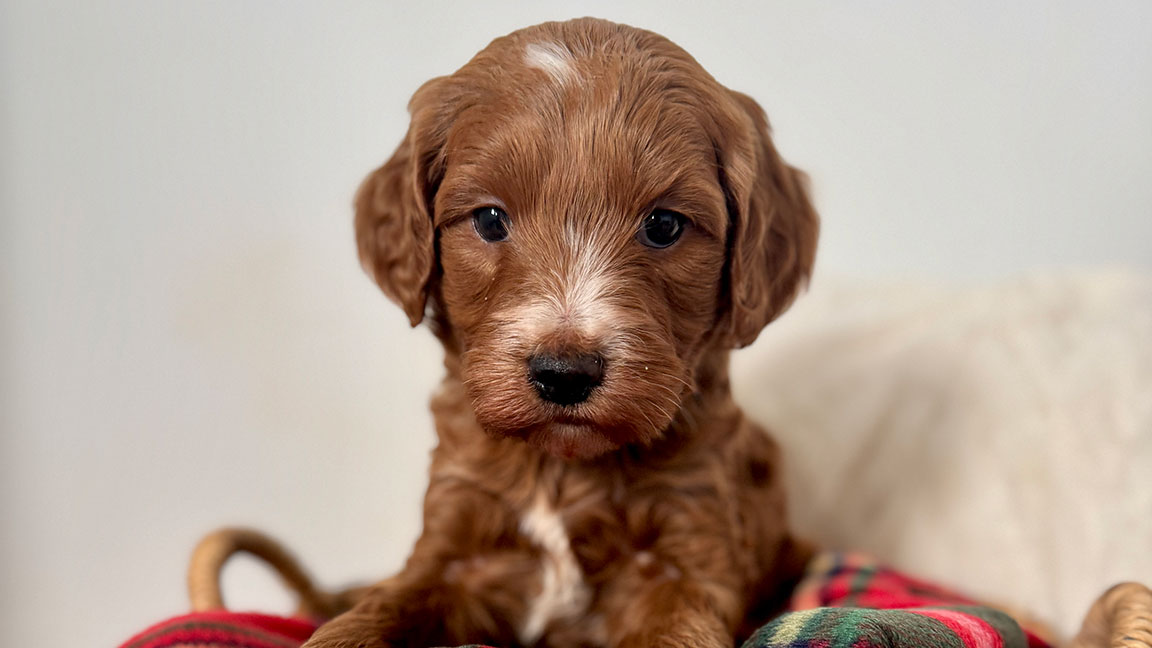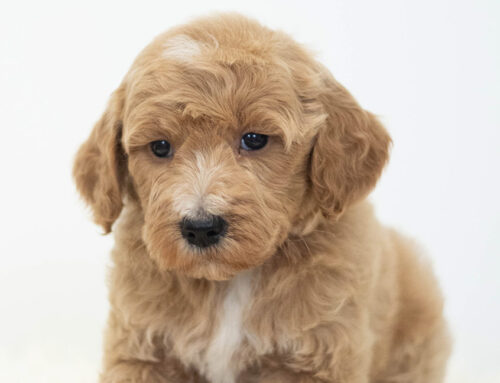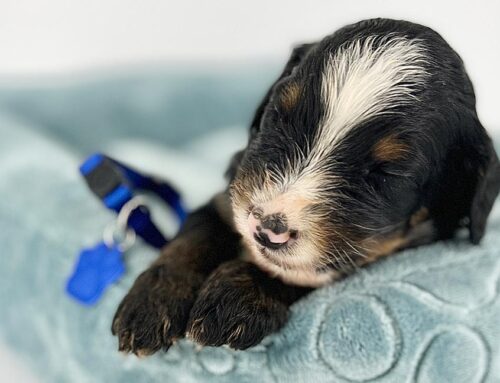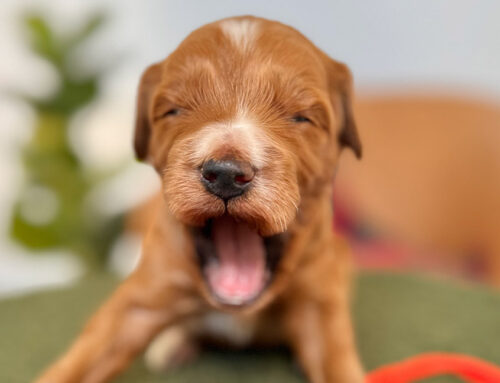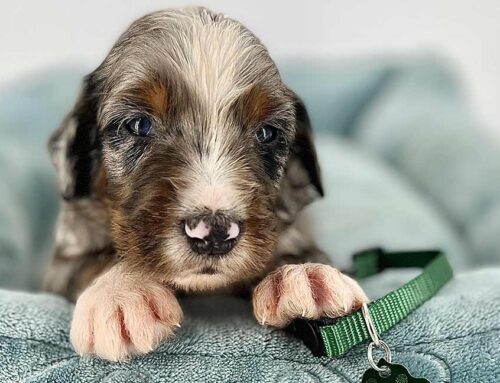How to Stop Your Dog from Chewing Everything
How to Stop Your Dog from Chewing Everything
If you’ve ever come home to find your shoes, furniture, or even your favorite throw pillow chewed into pieces, you know just how frustrating this doggy habit can be. Puppies especially seem like tiny chewing machines, but even adult dogs sometimes get into the habit. Don’t worry, though. Chewing is entirely normal for dogs. The trick is helping them channel that natural behavior into the right outlets. Let’s explore why dogs chew, how to prevent the chaos, and what you can do to keep your sanity (and your shoes) intact.
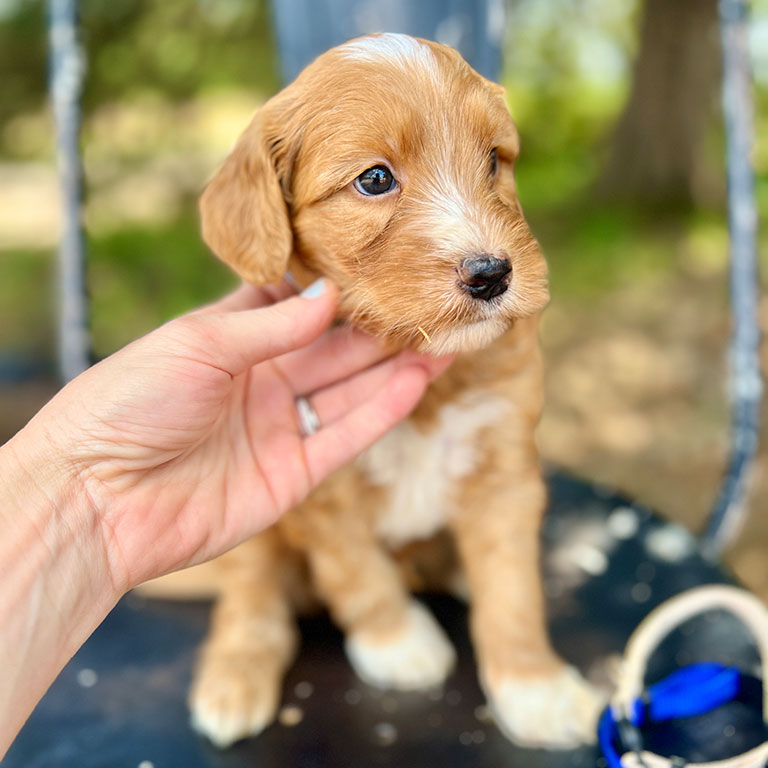
Why Dogs Chew in the First Place
Before we tackle how to stop your dog from chewing everything, it helps to understand the why. Chewing is instinctual. Puppies chew while teething to soothe sore gums, while adult dogs chew to keep their jaws strong and teeth clean. Sometimes, chewing is simply fun. Other times, it can be a way of coping with stress, boredom, or separation anxiety.
If your pup is chewing everything in sight, the first step is figuring out the root cause. Are they teething? Are they left alone for long stretches? Are they full of energy with no outlet? Answering these questions can guide you toward the right solution.
Provide the Right Chew Toys
One of the easiest ways to stop destructive chewing is to make sure your pup has appropriate things to chew on. Durable chew toys, rubber bones, and puzzle toys that dispense treats can all work wonders. Rotate toys every few days to keep things exciting. We mention our favorite and approved toys in our essential supplies list.
If your dog loves chewing on wood, give them a safe wooden toy. If they like fabric, soft toys may help. Matching the toy to their chewing style makes it much more likely they’ll choose the toy over your furniture leg.
Supervise and Redirect
For younger puppies especially, supervision is key. If you see your pup chewing something they shouldn’t, gently redirect them to an appropriate toy. Praise them when they make the right choice. Over time, they’ll learn what’s allowed and what isn’t.
Baby gates or playpens can also help by keeping your pup in a safe space when you can’t watch them closely.
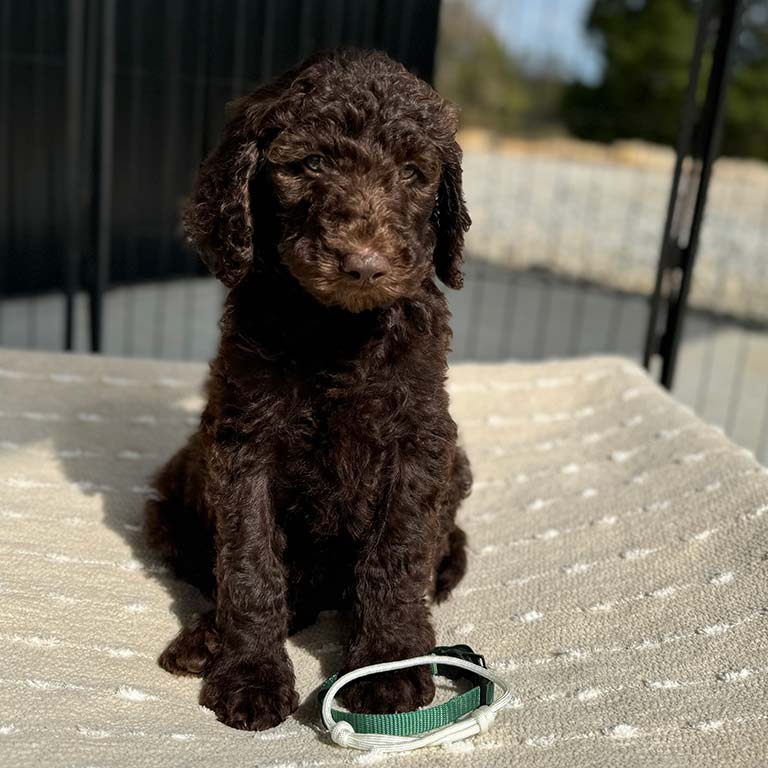
Rule Out Stress or Boredom
Dogs often chew because they’re bored or anxious. Make sure your dog is getting enough physical exercise and mental stimulation. Walks, games of fetch, and training sessions are great outlets. Mental games like puzzle feeders or hide-and-seek with treats can help tire them out too.
At Double U Doodles, we know how important these early lessons are. That’s why we offer our Checkpoint Training Program. This program covers everything from crate and potty training to obedience and house manners during those crucial weeks from 8 to 16. With our support, your puppy starts life with a strong foundation, making habits like destructive chewing much less likely to stick.
Make the Unappealing… Unappealing
Sometimes, deterrents can be useful. There are safe sprays you can apply to furniture or shoes that taste unpleasant to dogs. If your pup gets a mouthful once or twice, they’ll probably decide it’s not worth repeating. Just remember, deterrents should be used along positive reinforcement, not as the only method.
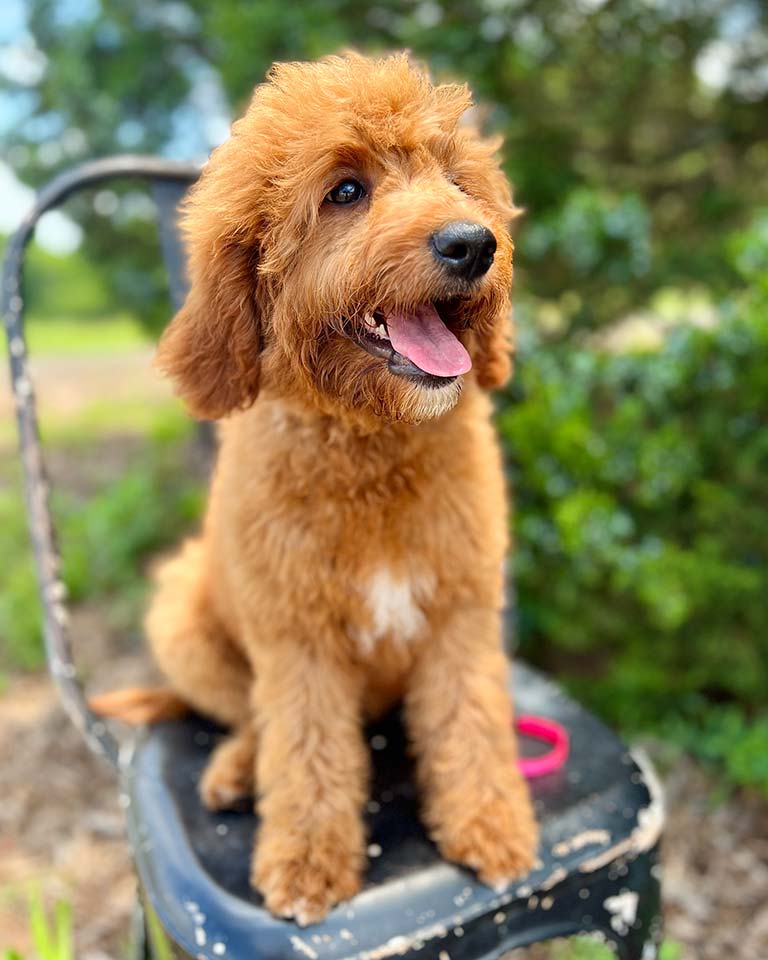
Crate Training Can Help
Crates, when introduced positively, are not a punishment but a safe space for your pup. When you can’t supervise, a crate can keep your dog from getting into trouble. Be sure your pup has safe toys or a long-lasting chew while in the crate so they’re content and occupied.
Consistency is Everything
Stopping chewing isn’t about one big fix. It’s about consistent, patient redirection and management. The more consistent you are with rules, redirection, and rewards, the faster your pup will learn.
Final Thoughts
Chewing may feel like a never-ending battle, but with the right approach, your pup can absolutely learn better habits. Provide plenty of appropriate outlets, supervise, redirect, and make sure their needs for exercise and mental stimulation are met. Combine that with patience and consistency, and you’ll soon have a pup who leaves your shoes in peace.
And remember, if you bring home a puppy from Double U Doodles, our Checkpoint Training Program is already laying the groundwork for a well-mannered, confident dog who knows what’s chew-worthy and what isn’t.
FAQ
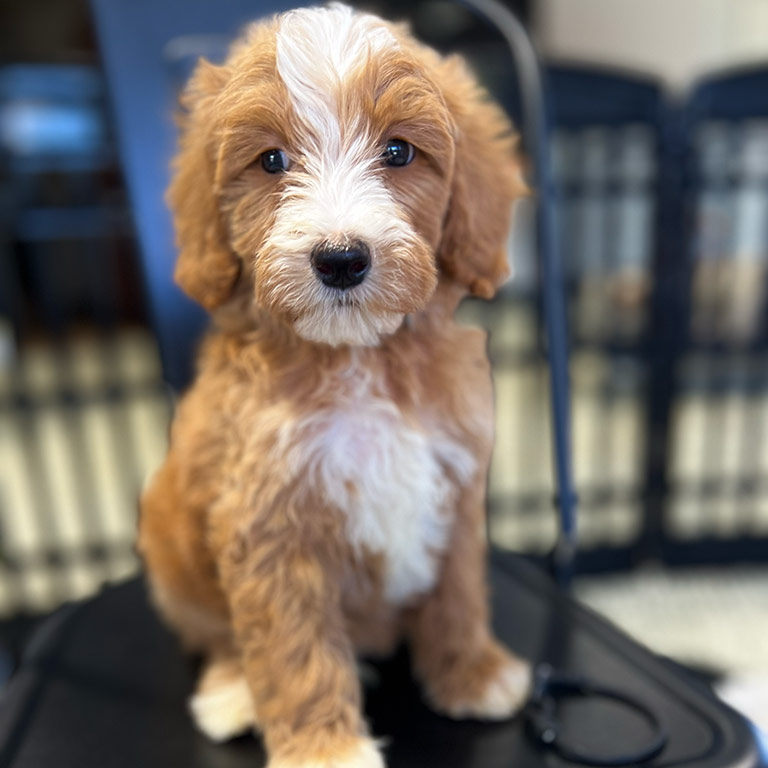 Why do puppies chew so much?
Why do puppies chew so much?
Puppies chew to relieve teething discomfort and to explore their world. It’s completely normal, though it does need guidance.
Can adult dogs outgrow chewing habits?
Yes, with consistent training and enough physical and mental stimulation, most adult dogs learn to stick to appropriate chew items.
What should I do if my dog chews when I leave the house?
This may be separation anxiety. Try leaving safe chew toys, using puzzle feeders, and slowly desensitizing your dog to alone time.
Are rawhides safe for chewing?
Rawhides can be a choking hazard and may upset digestion. Safer alternatives include bully sticks, nylon bones, or rubber chew toys.
Will punishment stop my dog from chewing?
Punishment isn’t effective and can harm your bond. Instead, focus on redirecting, rewarding good behavior, and removing temptation when needed.

